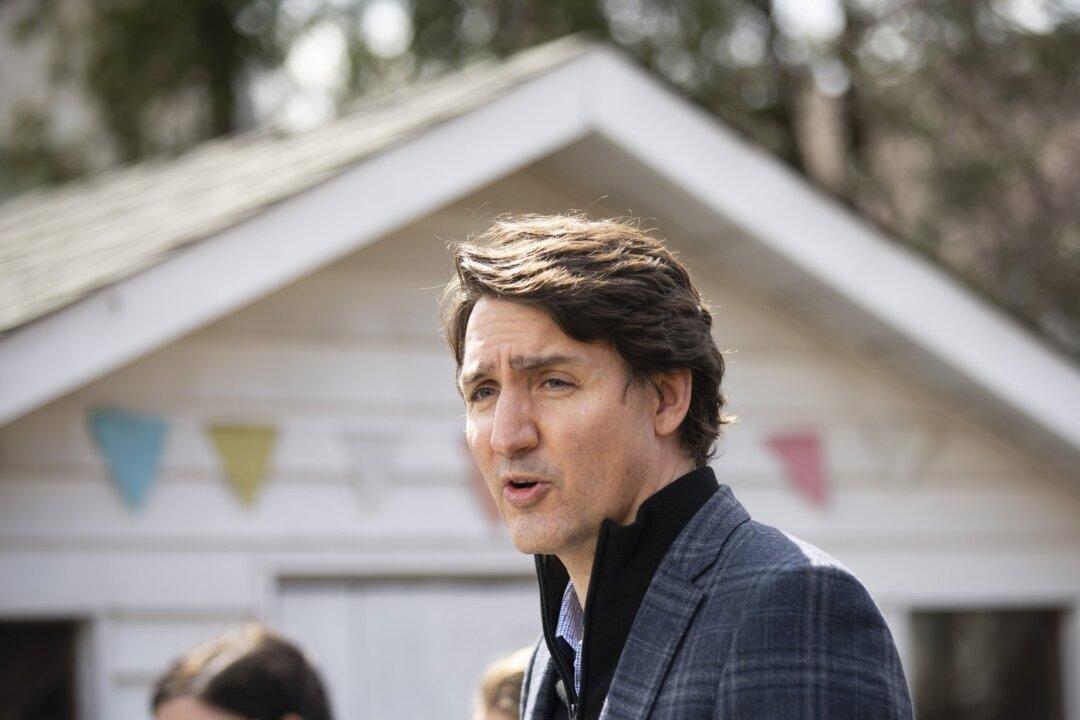The repeated harassment of a Canadian military plane by Chinese fighter jets in the North Pacific is “extremely troubling,” Prime Minister Justin Trudeau said on Thursday.
The Department of National Defence (DND) confirmed media reporting earlier this week that its surveillance plane taking part in a mission to monitor U.N. sanctions evasion by North Korea was regularly harassed while flying sorties in the region during a four-week mission last month.





